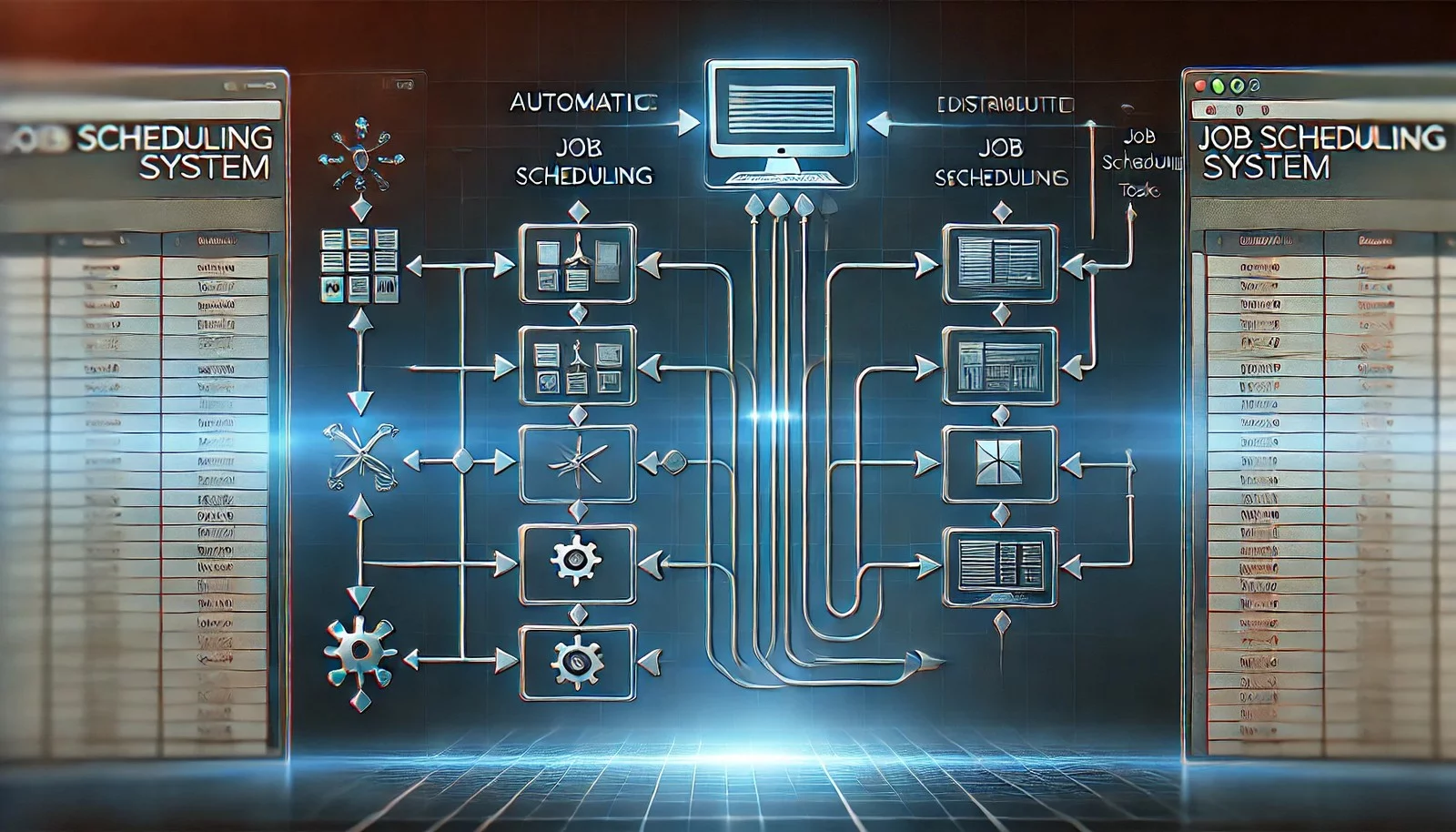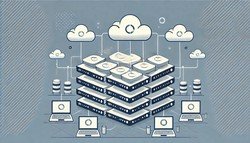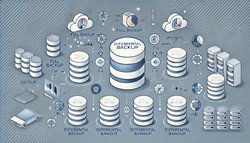Job Scheduling Systems

(Representational Image | Source: Dall-E)
Quick Navigation:
- Job Scheduling Systems Definition
- Job Scheduling Systems Explained Easy
- Job Scheduling Systems Origin
- Job Scheduling Systems Etymology
- Job Scheduling Systems Usage Trends
- Job Scheduling Systems Usage
- Job Scheduling Systems Examples in Context
- Job Scheduling Systems FAQ
- Job Scheduling Systems Related Words
Job Scheduling Systems Definition
Job Scheduling Systems are software solutions designed to automate and manage job execution in computing environments. These systems optimize resource allocation, ensuring that tasks are executed efficiently based on priority, dependencies, and availability. They are widely used in enterprise IT operations, cloud computing, and data centers to orchestrate workloads across distributed systems. Popular job schedulers include Apache Airflow, IBM Workload Scheduler, and Control-M.
Job Scheduling Systems Explained Easy
Imagine you have a big list of chores to do, but you don’t want to waste time figuring out what to do next. A job scheduling system works like a smart assistant that organizes your tasks, deciding which ones should be done first, which can run together, and making sure nothing is forgotten. In computers, these systems help schedule tasks automatically so everything runs smoothly.
Job Scheduling Systems Origin
Job scheduling systems have their origins in early computing, where batch processing systems required manual scheduling of jobs. As computing environments evolved, automated job schedulers were developed to manage complex workflows, ensuring optimal use of resources in mainframes, distributed computing, and cloud-based infrastructures.
Job Scheduling Systems Etymology
The term "job scheduling" is derived from "job," meaning a unit of work to be performed, and "scheduling," referring to the arrangement of tasks based on a predefined order or priority.
Job Scheduling Systems Usage Trends
With the rise of cloud computing, big data, and automation, job scheduling systems have become integral to enterprise IT workflows. Organizations use them to automate data pipelines, manage batch processing tasks, and streamline IT operations. Modern schedulers integrate with DevOps tools, enabling continuous integration and deployment (CI/CD) processes.
Job Scheduling Systems Usage
- Formal/Technical Tagging:
- IT Operations
- Workflow Automation
- Enterprise Computing - Typical Collocations:
- "automated job scheduling"
- "batch job execution"
- "workflow orchestration"
- "distributed job scheduler"
Job Scheduling Systems Examples in Context
- A financial institution uses job scheduling systems to process end-of-day batch transactions automatically.
- Cloud-based platforms leverage job schedulers to allocate computing resources efficiently.
- Data engineers rely on job scheduling software to automate ETL (Extract, Transform, Load) workflows.
Job Scheduling Systems FAQ
- What is a job scheduling system?
A job scheduling system automates the execution of jobs based on predefined schedules, priorities, and dependencies. - How do job scheduling systems improve efficiency?
They optimize resource usage, reduce manual intervention, and ensure jobs run in the correct order without conflicts. - What are some common job scheduling tools?
Popular tools include Apache Airflow, IBM Workload Scheduler, and AWS Batch. - Can job scheduling systems handle dependencies?
Yes, they ensure jobs are executed in the correct order by managing dependencies between tasks. - Are job scheduling systems used in cloud computing?
Absolutely! They are essential for automating cloud-based workloads and resource management. - What industries use job scheduling systems?
IT, finance, healthcare, and logistics all rely on job schedulers for automation. - How does a job scheduler differ from a task scheduler?
A job scheduler manages complex workflows with dependencies, while a task scheduler typically handles single, standalone tasks. - Can job scheduling systems integrate with DevOps?
Yes, they are used for CI/CD pipelines to automate software deployments. - Do job schedulers support real-time task execution?
Some advanced systems offer real-time scheduling, while others focus on batch processing. - Are job scheduling systems scalable?
Modern schedulers are designed to scale with increasing workloads and distributed computing environments.
Job Scheduling Systems Related Words
- Categories/Topics:
- Cloud Computing
- Enterprise IT Automation
- Workflow Management
Did you know?
Google’s cloud infrastructure relies on an advanced job scheduling system known as Borg, which inspired the Kubernetes orchestration platform. Borg efficiently schedules billions of tasks daily across thousands of servers, optimizing resource utilization in Google’s data centers.
Authors | Arjun Vishnu | @ArjunAndVishnu

PicDictionary.com is an online dictionary in pictures. If you have questions or suggestions, please reach out to us on WhatsApp or Twitter.
I am Vishnu. I like AI, Linux, Single Board Computers, and Cloud Computing. I create the web & video content, and I also write for popular websites.
My younger brother, Arjun handles image & video editing. Together, we run a YouTube Channel that's focused on reviewing gadgets and explaining technology.
















Comments (0)
Comments powered by CComment